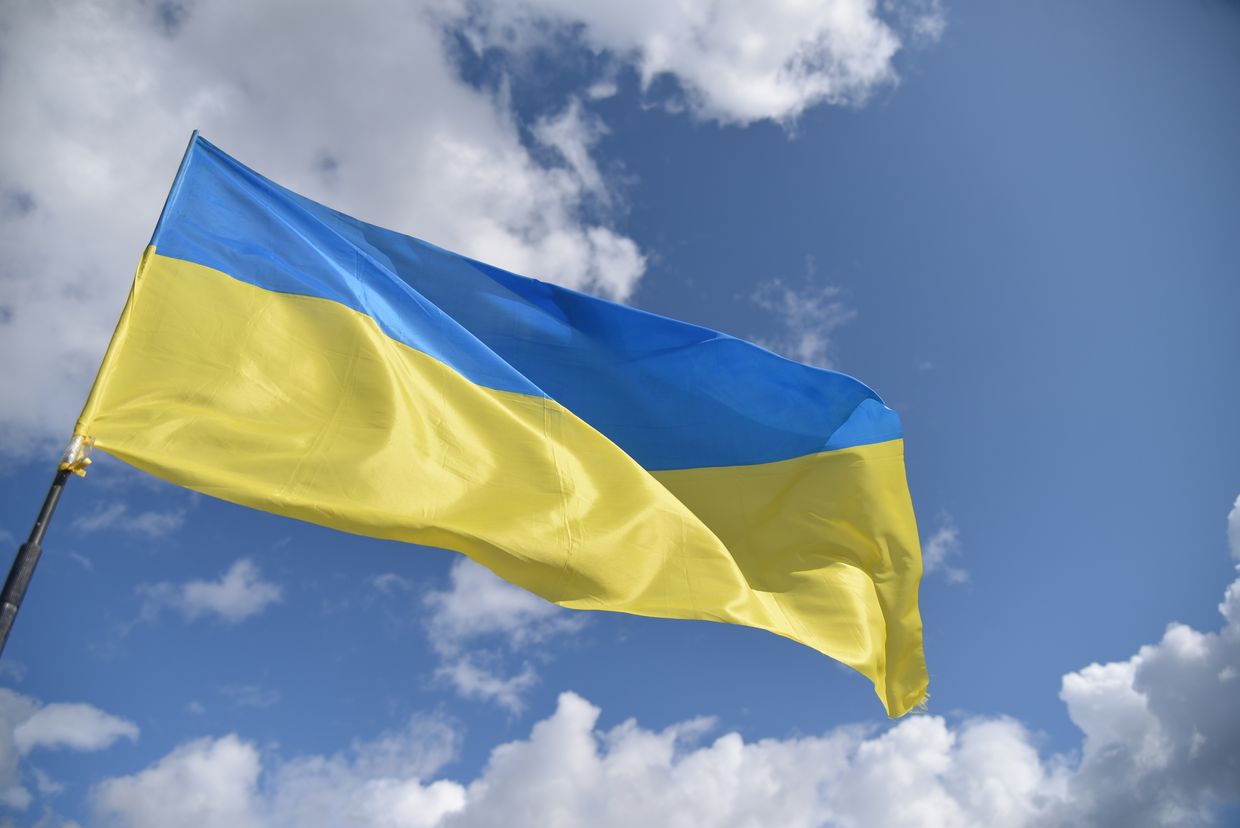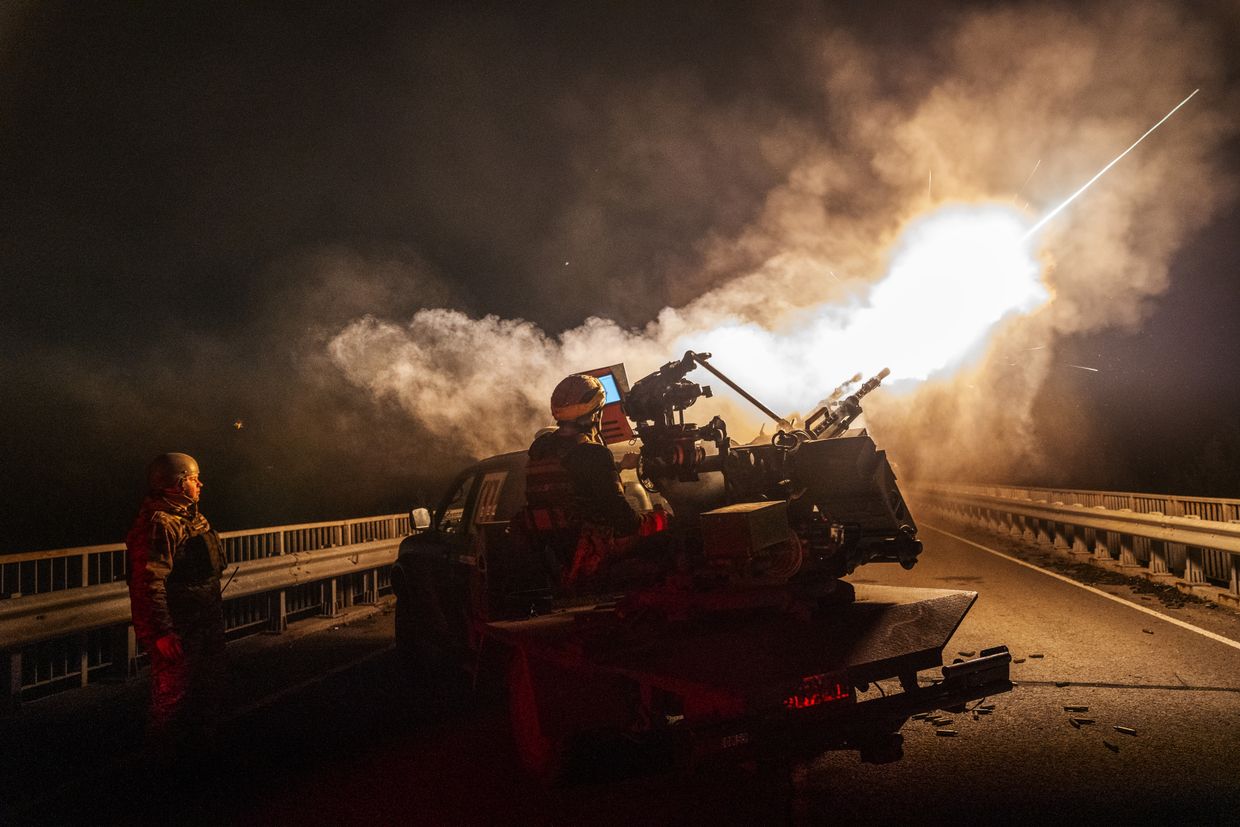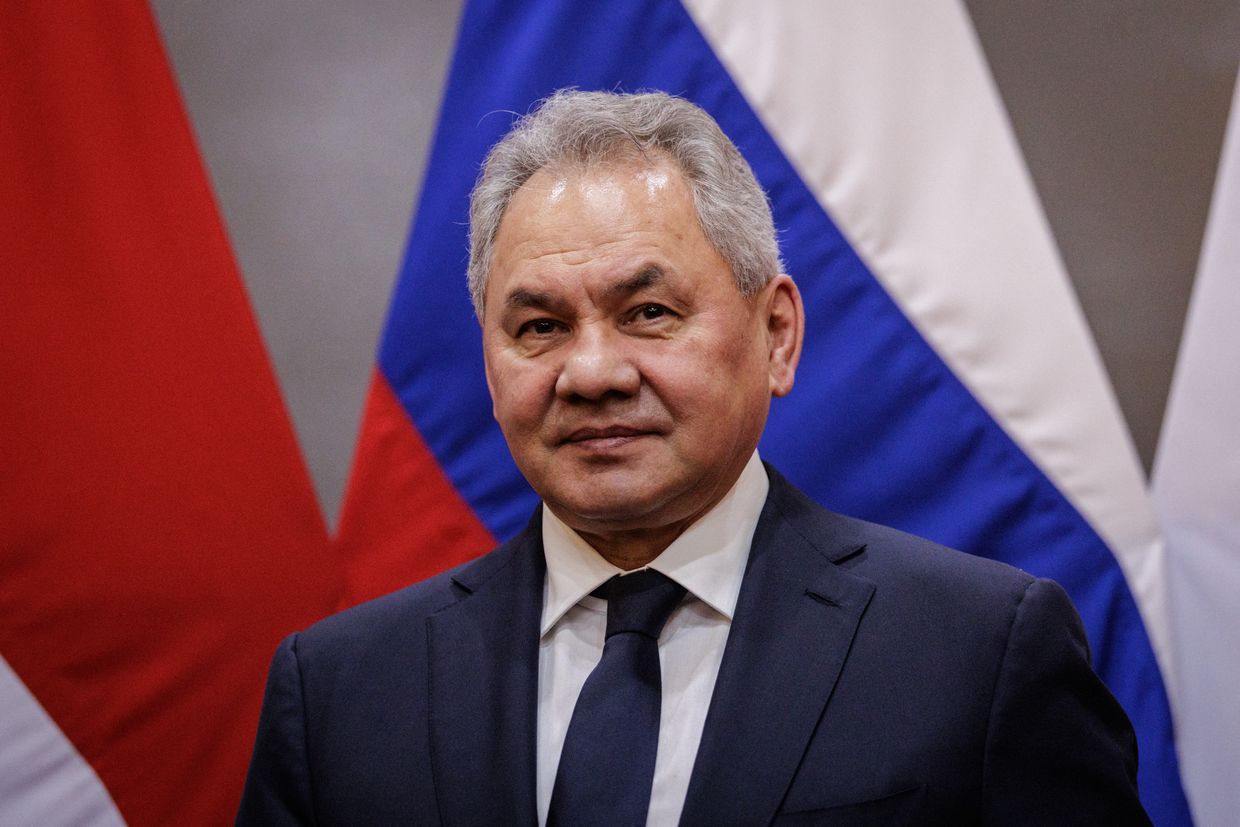Although Moscow declared on April 28 that it would halt all military actions from May 8 to midnight on May 11 to mark Victory Day, strikes on civilian areas have continued.
Under Soviet dictator Joseph Stalin's rule, millions of Ukrainians died during the Holodomor, a man-made famine in 1932–1933. The dictator also oversaw mass deportations, purges of Ukrainian intellectuals and leaders, and the suppression of the Ukrainian language and culture.
According to the Security Service of Ukraine (SBU), this marks the first time Ukrainian authorities have exposed a Hungarian military intelligence network conducting activities harmful to Ukraine.
Delegations from 35 countries and the Council of Europe gathered in Lviv as EU officials prepare to approve both new defense aid and steps toward establishing a tribunal for Russian leadership.
The ruling marks a significant victory for RFE/RL amid growing concerns about U.S. funding cuts to independent media countering Russian disinformation.
U.S. Cardinal Robert Prevost was elected the new pope and leader of the Roman Catholic Church on Thursday, taking the name Pope Leo XIV, a senior cardinal announced on May 8 to crowds gathered in St. Peter’s Square, according to Vatican News.
George Simion, leader of Romania's far-right AUR party, who won the first round of the presidential election with nearly 40% of the vote, reiterated that if elected, he would oppose any further assistance to Ukraine and shift Romania’s focus inward.
Russian President Vladimir Putin and Chinese President Xi Jinping hailed their countries' relationship on May 8, vowing to increase cooperation in all areas, including military ties.
"There is Turkey, which maintains channels of communication. And then, above all, there is the People's Republic of China, which, more than anyone else, has the means to make (Russian President Vladimir) Putin come to the negotiating table and soften his demands," Polish Foreign Minister Radoslaw Sikorski said on May 8.
The United States will be ready to "walk away" from the negotiating table if it does not see Russia making progress in negotiation to end the war, U.S. Vice President JD Vance told Fox News on May 8.
Slovak Prime Minister Robert Fico arrived in Moscow on May 9 to celebrate Victory Day, commemorating the 80th anniversary of the defeat of Nazi Germany in World War II.
US President Donald Trump on May 8 called for a "30-day unconditional ceasefire" between Ukraine and Russia. Writing on Truth Social, Trump expressed his hope for "an acceptable ceasefire," with both countries "held accountable for respecting the sanctity of... direct negotiations."
President Volodymyr Zelensky had a "constructive" phone call with United States President Donald Trump on May 8, discussing the war, continued pressure on Russia, and a potential ceasefire.
Majority of Ukrainians unwilling to trade territory or Western path for peace, poll shows

The majority of Ukrainians say they are not ready to give up any territory or abandon the country’s Western course in negotiations with Russia, according to a new nationwide poll published on May 8 by the Razumkov Center, a Kyiv-based public policy think tank.
The survey, conducted between April 24 and May 4 in partnership with the Kyiv Security Forum, shows that 56.9% of respondents would not be willing to compromise on either territorial integrity or Ukraine’s pro-Western direction in any potential talks with Moscow.
Only 11.1% said they would consider ceding territory, while 14.7% would be open to changing Ukraine’s geopolitical course.
The findings reflect a national consensus more than three years into Russia’s full-scale invasion, amid reports on the possible U.S.-suggested peace plan. According to Axios, the plan included de jure recognition of Russia's annexation of occupied Crimea, along with de facto recognition of its occupation of other Ukrainian territories. It also provided for lifting sanctions imposed on Russia since 2014.
About two-thirds (66.5%) of Ukrainians believe Russia would violate any peace agreement and resume its attacks when convenient, the poll showed. Just 10.8% said they thought both sides would likely adhere to a signed peace deal.
Skepticism also prevails when it comes to specific concessions. Over half of respondents (52.3%) said Ukraine should not agree to abandon its NATO aspirations, even if it were a condition of a peace treaty. Some 81% opposed reducing the size of the country’s armed forces.
Russia has long insisted on limiting Ukraine’s military capabilities and barring its accession to NATO as key conditions for peace. In a recent interview with Le Globo, Russian Foreign Minister Sergey Lavrov reiterated that Moscow would be prepared to enter negotiations only if Ukraine commits to permanent neutrality and demilitarizes.
Some 60.6% of Ukrainians believe a military victory over Russia is possible. At the same time, 54.1% said they do not believe a peace agreement can be reached in the near future.
Support for Ukraine’s integration with the West also remains strong. More than half (57.2%) favor the European model of development, compared to just 0.7% who prefer a Russian-leaning model.
More than 100 days have passed since the U.S. administration began efforts to broker peace between Ukraine and Russia, despite U.S. President Donald Trump's campaign promise to end the war in one day.
Kyiv accepted an unconditional 30-day U.S.-backed ceasefire proposal in March, but Moscow rejected it, demanding a complete end to Western military support for Ukraine.
Russia has repeatedly proclaimed its supposed readiness for peace talks while simultaneously pushing for maximalist demands. Kyiv has dismissed these declarations as a propaganda stunt, noting that Russian forces have only intensified their attacks on Ukrainian cities and towns.

Most Popular

After Russia's deadly attack on Kyiv, Vance reposts denunciation of Zelensky

Ukraine, Europe's ceasefire proposal includes US security guarantees, no recognition of Crimea, Reuters reports

After 3 years of full-scale war in Ukraine, Europe announces plan to ban all Russian gas imports

Shoigu threatens Europe with nuclear weapons if Russia is faced with 'unfriendly actions'

Journalist Roshchyna's body missing organs after Russian captivity, investigation says
Editors' Picks

How medics of Ukraine’s 3rd Assault Brigade deal with horrors of drone warfare

As Russia trains abducted children for war, Ukraine fights uphill battle to bring them home

'I just hate the Russians' — Kyiv district recovers from drone strike as ceasefire remains elusive



